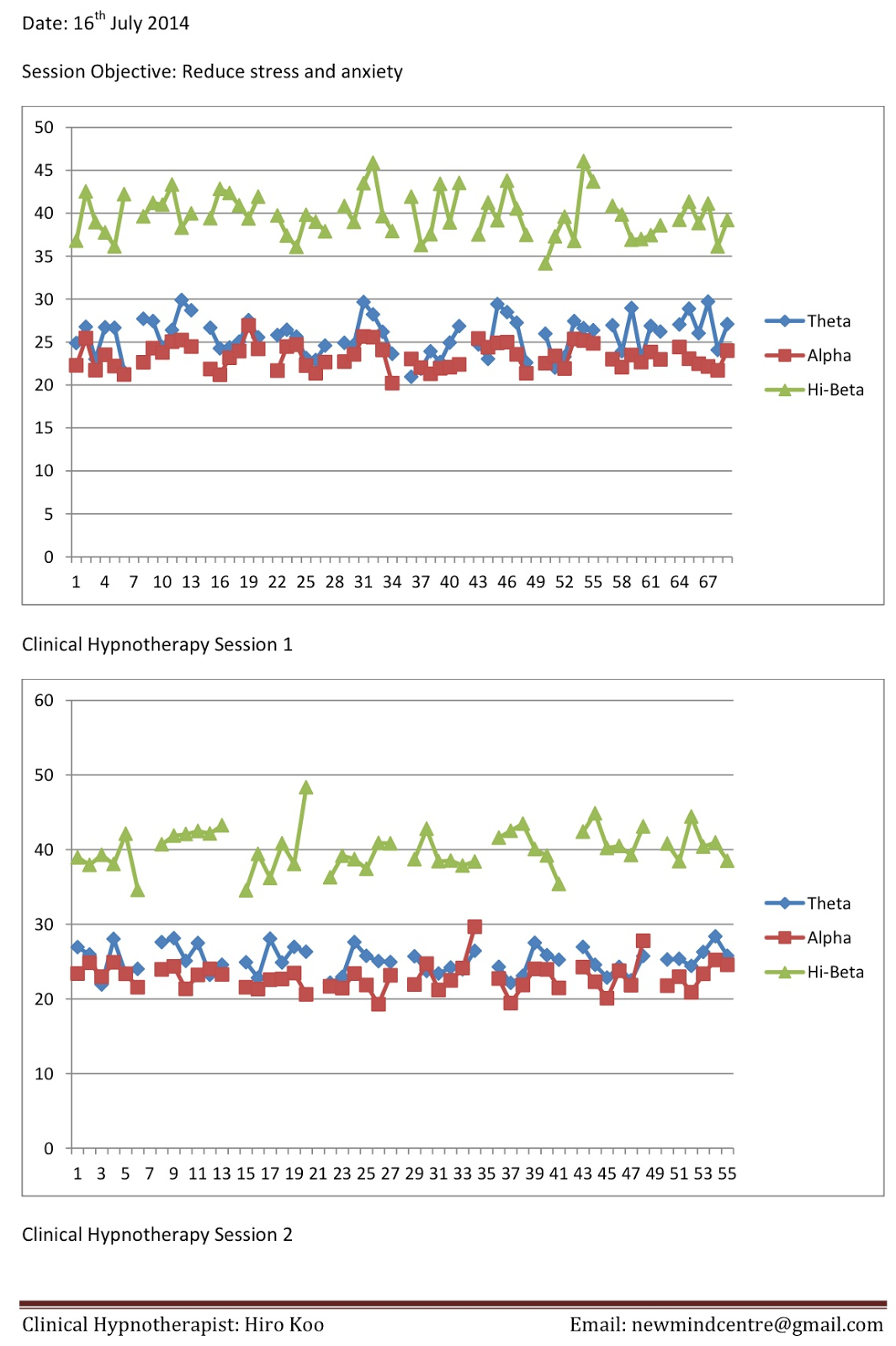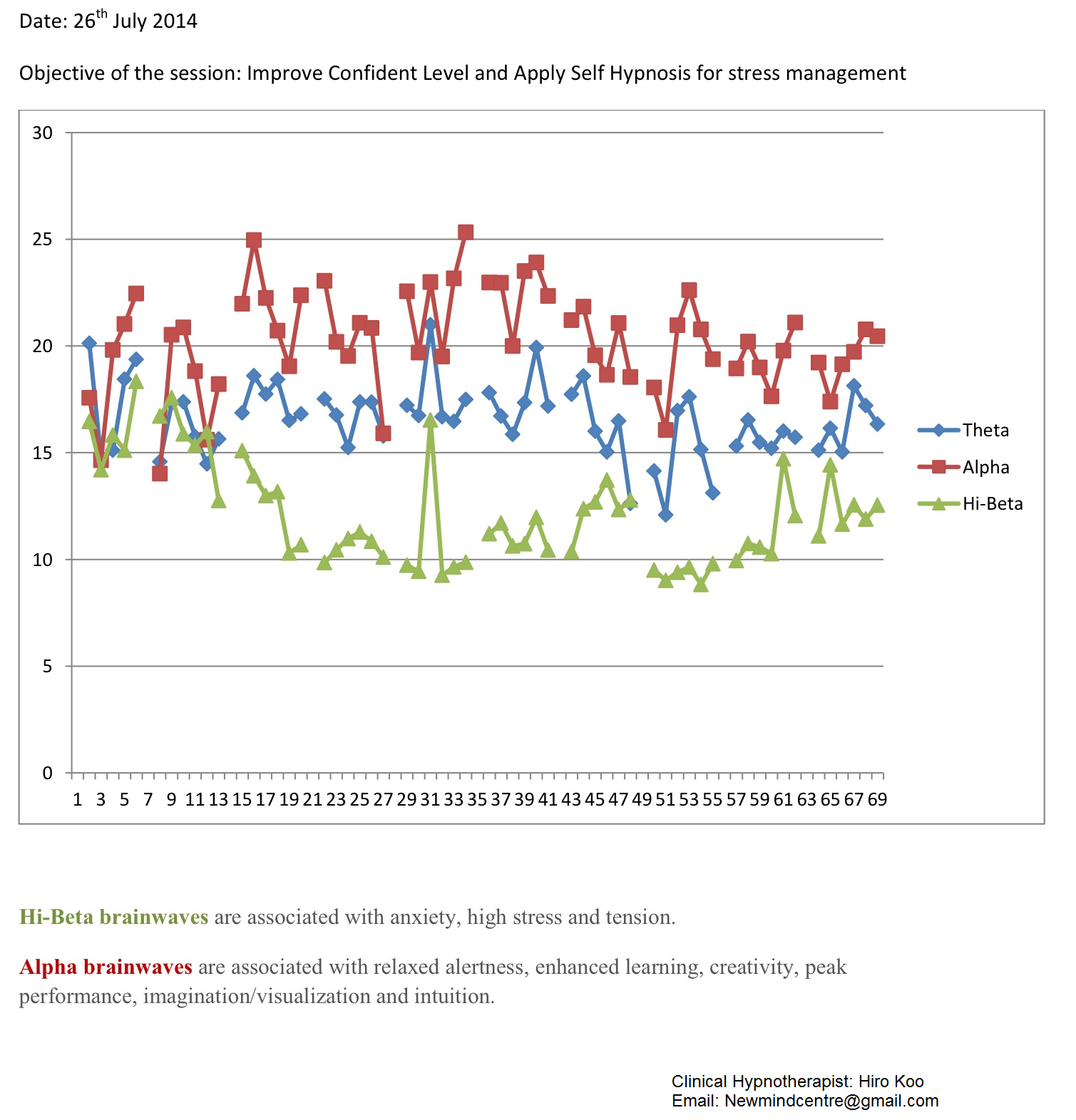QUOTE(apocalypxe @ Apr 16 2015, 09:48 AM)
Very informative topic! I love it!
I think I am a light sleeper. I often woken up by even the slightest sound. I mean I still able to sleep or rest if the sounds around me is consistent, but if the sound become inconsistent, like a sudden change of snoring sound by my partner/colleague, I would immediately awaken by it. There was a time when I was still a kid, I got awaken by very light knocking made my late grandmother when she fell down in the toilet asking for help. she was in the 1st floor at the other end of the house and i am in the front. Sometimes I'm even woken up by birds chirping in the morning.
Also, I am not sure whether it is relative or not. I dreams a lot and sometimes quite vividly and I remember lots of it. As I read and research online, does dreaming really related to our subconscious mind? There were times when something big or significant happens in my life, I will dream of something that I did not encounter during the days before that night I dream of it and often when I woke from it, I will try to record or find some clues of what it really means online, like representation/symbols/clues of that certain things I dream of. Is it consider as something spiritual or can it be something scientific about it? I just happened to post some of my dreams in other thread
» Click to show Spoiler - click again to hide... «
and this! I love to drive! Whenever I am in bad mood or lots of thinking, I always went for a ride at highway. Waugh, I didn't know about it



Thanks for love this thread! I'll do my best to answer your questions

Do come and support me often over here ya.

Let me explain based on my personal view, personal experiences and research studies:
A lot happens in your body while you sleep. When you get your ZZZs, you cycle between REM and non-REM sleep.
REM stands for rapid eye movement. During REM sleep, your eyes move quickly in different directions. That doesn't happen during non-REM sleep.
First comes non-REM sleep, followed by a shorter period of REM sleep, and then the cycle starts over again.
Your dreams typically happen during REM sleepREM sleep and tonic immobility(Some people refer to this state as a trance or hypnotic trance) similarity are:-Both states show a similar EEG pattern with additional “theta” waves linked to the brain’s hippocampus (which plays an important role in memory and spatial perception)
-Both states show strong loss of muscle tone and suppression of reflexes
-Both states show changes in heart and breathing rate
-Both states affect the body’s ability to regulate body heat
-Both states show changes in the brain’s biochemistry including increased acetycholine and decreased serotonin and norepinephrine in the brain stem
-Significant changes in eye movement, facial twitches, and jerking limbs in both states
-Also, both states rarely last longer than a few minutes, varying from five seconds to 20 minutes
-Both tonic immobility and REM sleep appear to be linked to parts of the brainstem involved with sleeping, eating, and breathing.
They also appear to have very similar roles in helping the body recover from traumatic experiences. As an emergency reaction to extreme danger, tonic immobility prepares the body to cope with trauma and heal afterward. This happens through the release of brain chemicals such as acetycholine to reduce pain and increase drowsiness. Research into REM sleep has found many of these same biochemical markers which suggests that the vivid dreaming experienced during REM episodes plays a strong role
in helping the body cope with stress and trauma. You dream excessively and you love hypnotic trance state (You love to drive and experience"highway hypnosis"), reasons could be one of the following conditions:
1) You're going to need to learn to manage your stress better.
2) Your
parietal lobe might be overactive, the parietal lobe processes visual, auditory and touch information.
3) Your
temporo-parietal junction is overactive. In 2013, Ruby published a study which found people with higher levels of temporo-parietal junction activity were light sleepers. "This may explain why high dream recallers are more reactive to environmental stimuli, awaken more during sleep, and thus better encode dreams in memory than low dream recallers. Indeed, the sleeping brain is not capable of memorizing new information; it needs to awaken to be able to do that," Ruby said.
QUOTE
One feature of the temporoparietal function is the ability to orient the body in space and to feel situated within the body. This allows people to coordinate when they need to interact with objects around them. When this area of the brain does not function right, people can have dissociative experiences where they do not feel connected with their bodies or have difficulty navigating spatial environments. In some cases, this can lead to an out of body experience, where a patient feels completely disconnected from the body.
This part of the brain also plays a role in emotional processing. People use the connections at the temporoparietal junction to understand their own emotions, and this structure plays a role in moral judgments as well. Ethical and moral decisions can rely on information from this region. The temporoparietal junction also allows people to discern and process the emotions of others, attributing emotions to specific events or information known about other people.
Possible solutions:For your case, EEG biofeedback and hypnotherapy might be helpful.
One of my clients gave me her
testimonial after solved her excessive dreaming problem.
Her case is almost same as what you described over here. She had suffered for excessive dreaming problem for more than 20 years.
What I did for her? I taught her how to calm down her overactive parietal lobe area by using neuro-hypnotherapy technique (EEG biofeedback+hypnotherapy), thus her problem solved. The biggest difference notice is that now her sleep quality has improved significantly, increase deep sleep and dreaming occurs to a lesser degree.

Source:
https://www.psychologytoday.com/blog/media-...stery-rem-sleephttp://www.techtimes.com/articles/3682/201...than-others.htmhttp://www.webmd.com/sleep-disorders/guide/sleep-101This post has been edited by zeropoint9: Apr 17 2015, 12:25 AM 

 Apr 16 2015, 09:48 AM
Apr 16 2015, 09:48 AM

 Quote
Quote.jpg)



 0.0290sec
0.0290sec
 0.48
0.48
 5 queries
5 queries
 GZIP Disabled
GZIP Disabled